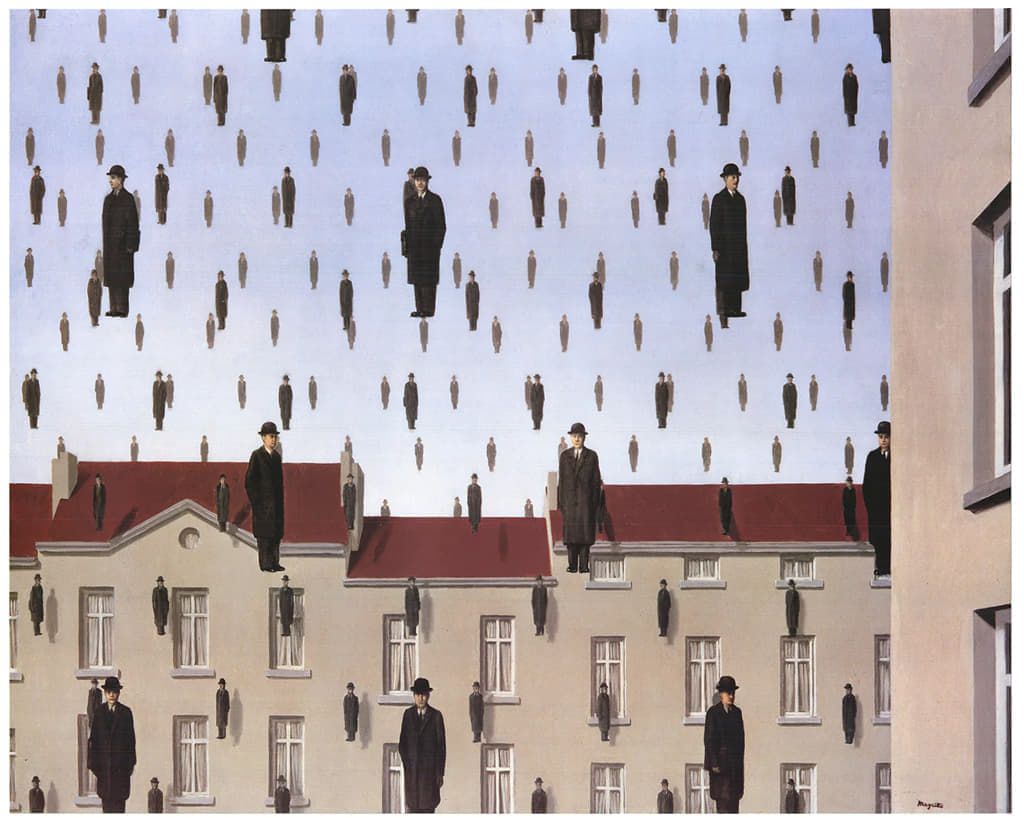In the realm of ideology in Russia we have the following picture.
The state has done a lot to marginalize radical liberals. This process began in 2000 and took 24 years with several administrations. The influence of liberals on Russia’s ideology has steadily declined, but it is still very significant—primarily in culture, education, and science. Only liberals or those who do not receive clear and precise instructions from above can fight liberalism in such an uncertain and protracted manner.
At the same time, patriotism was growing steadily, but just as slowly—sometimes freezing on the same frame for a year or more. This was demanded by both our Crimea and the Special Military Operation (SMO). But even here the authorities acted as cautiously and uncertainly as they did with the dismantling of liberalism.
But new cadres had to be trained, and the main focus was the training of a special type—pure volunteers, ideological drones, managerial drones. This is how an interesting phenomenon emerged—a class of ideologically neutral statesmen oriented toward power and the managerial vertical as such.
At first, they tried to introduce a simulacrum of ideology, but then they gave up on that, too. Mass training of young and not so young volunteers of power has given birth to a whole new managerial class. It somewhat resembles the functioning of a computer or Artificial Intelligence. It does not matter what data the operator loads, what commands he gives. A computer is not supposed to reason. The main thing is that the algorithms work correctly.
Volunteers—carriers of zero-ideology—are now trained on an industrial scale. This is half good (they are not liberals), half bad (they are not patriots). The SMO and the war with the West (it is a long time coming, maybe forever) requires a further and rapid shift in the center of gravity toward an ideology of meaningful patriotism. Zero-ideology carriers are perfectly fine-tuned drones, and they are perfectly suited for this purpose—to process a patriotic program. But the operator has to hit the “enter” button. And the operator’s finger trembles. And the government volunteers are still processing what they have. For now—it is a testing ground and a laboratory. But it is time to get the program up and running.
But this principle was transferred to ideology, where such a model looks strange. An ideological class with zero ideology, a political drone. It is no longer liberal (minus-ideology), but not yet patriotic (plus-ideology).
At the same time, other neural networks are gradually forming in society and the nation—with a pronounced patriotic content. These are not zero-volunteers, but plus-volunteers—volunteers, heroes of the front and rear. The state stands on them. They create Victory, and therefore history. They are ruled by the spirit.
Zero-volunteers have nothing against patriots. But they have nothing for them, either. They have a different algorithm. It is time to unite these networks.
I hope that after the elections the authorities will hit the “enter” button to upload to society a full-fledged patriotic program, the general outlines of which are quite clearly outlined by the President, the decree on traditional values, the concept of foreign policy, etc. Plus-ideology, the foundations of patriotism are announced and outlined by the authorities. It is logical if their implementation starts in full force after the elections.
After all, it is time for us to start winning.
Alexander Dugin is a widely-known and influential Russian philosopher. His most famous work is The Fourth Political Theory (a book banned by major book retailers), in which he proposes a new polity, one that transcends liberal democracy, Marxism and fascism. He has also introduced and developed the idea of Eurasianism, rooted in traditionalism. This article appears through the kind courtesy of Geopolitika.
Featured: Golconde, by René Magritte; painted in 1953.
